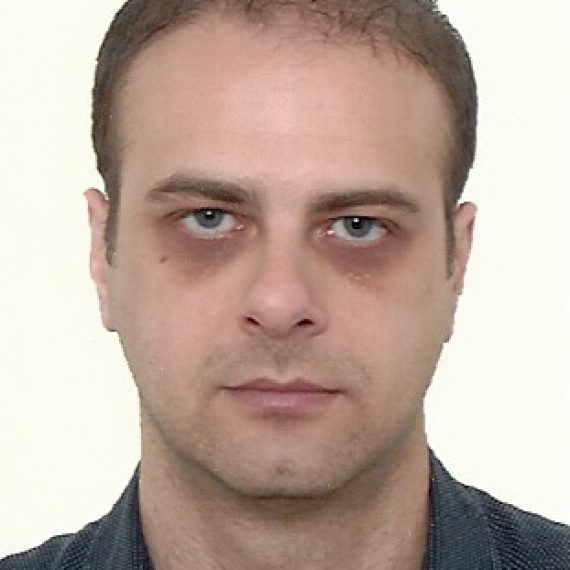The Master’s Program (M.Sc.) in “Applied Spatial – Regional Planning” of the Department of Planning and Regional Development has been operating since the academic year 2025-2026, following the decision of the University of Thessaly Senate in its 308th session on June 28, 2024, and in accordance with the provisions of Law 4957/2022, as amended and in force.
Aim and Purpose
The objective of the program is to provide specialized postgraduate knowledge in a field with significant demand, addressing a gap in higher education in Greece, as there are no postgraduate programs specifically related to applied spatial planning and urban planning. The main advantage of the Master’s Program is that it pertains to a scientific field that is of particular interest for the coming decades in Greece. It aims to fill the gap in postgraduate education in the country, especially regarding Spatial Planning, Urban Planning, and the essential preparation and response to contemporary challenges in environmental issues, development, and social justice.
The goal of the M.Sc. in “Applied Spatial – Regional Planning” is to prepare students to address modern challenges in spatial planning and development. It focuses on applied spatial planning and urban planning issues, examining real-world examples.
The program also aims to inform and familiarize students with issues promoted and implemented by central and decentralized administration, the two levels of local government, as well as the private sector.
The program complements the undergraduate studies offered by the Department of Planning, and Regional Development, providing an in-depth academic experience and equipping students with the necessary knowledge and tools for further studies at the doctoral level.
The M.Sc. awards a Master’s Degree in “Applied Spatial Planning – Regional Planning.”
Learning Outcomes
The learning outcomes and qualifications awarded upon successful completion of the
program are as follows:
- Mastery of methods and techniques for the analysis and evaluation of spatial parameters.
- Understanding the significance of spatial planning in the country’s developmental trajectory.
- Understanding the application of spatial planning tools.
- Understanding the structure and factors involved in shaping and implementing urban planning policies.
- Gaining a competitive advantage in applied urban planning and effectively meeting the demands of the labor market (both public and private sectors).
- Understanding the integrated approach to site selection for projects and activities (in sectors such as tourism, renewable energy, industry, aquaculture, etc.).
- Acquiring an applied understanding of justice in spatial management and environmental protection.
- Gaining expertise in the search, analysis, and synthesis of data and information, utilizing the necessary technologies.
- Mastery of policies and priorities of a supranational character in spatial planning at national and supra-regional levels.
- Understanding the concept of climate change adaptation at various spatial scales, and gaining expertise in proposing risk management measures with a focus on urban and spatial planning policies
Duration of Study
The Master’s Program “Applied Spatial Planning – Regional Planning” is structured into three (3) academic semesters, which include ten (10) courses and the preparation of a thesis.
The minimum duration for obtaining the Master’s degree is set to three (3) academic semesters, while the maximum duration is five (5) academic semesters.
Students are provided the option to complete the program on a part-time basis if they wish. In this case, the 10 courses can be completed in 4 semesters, and the thesis in two (2) semesters. The maximum duration of studies in this case is six (6) semesters. The choice is made upon initial registration.











